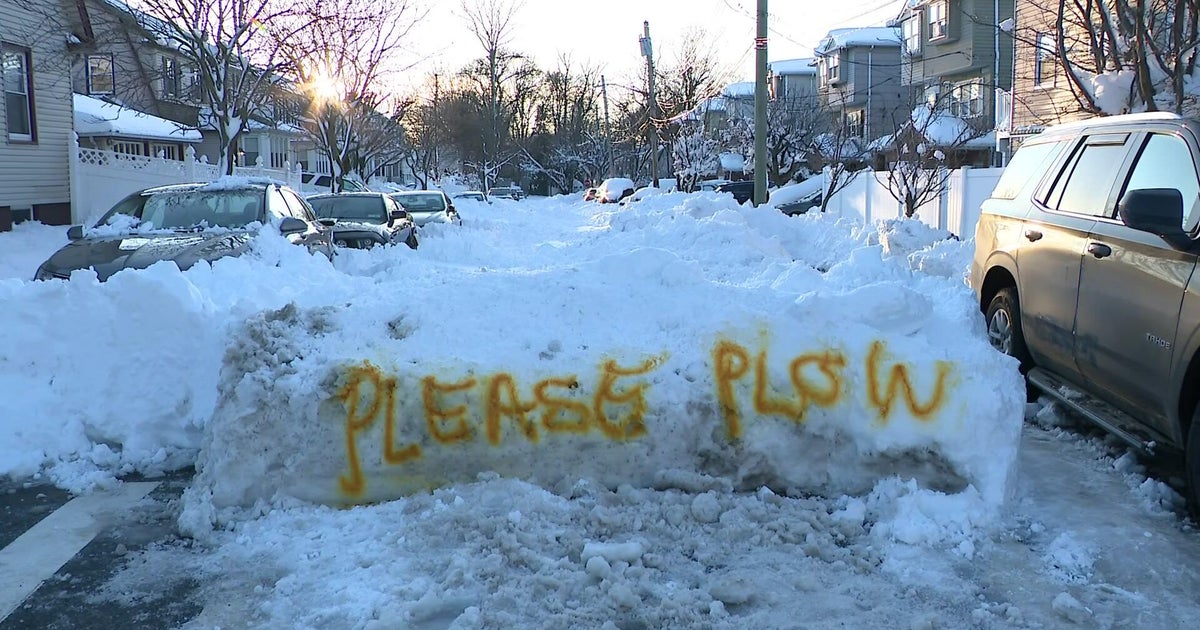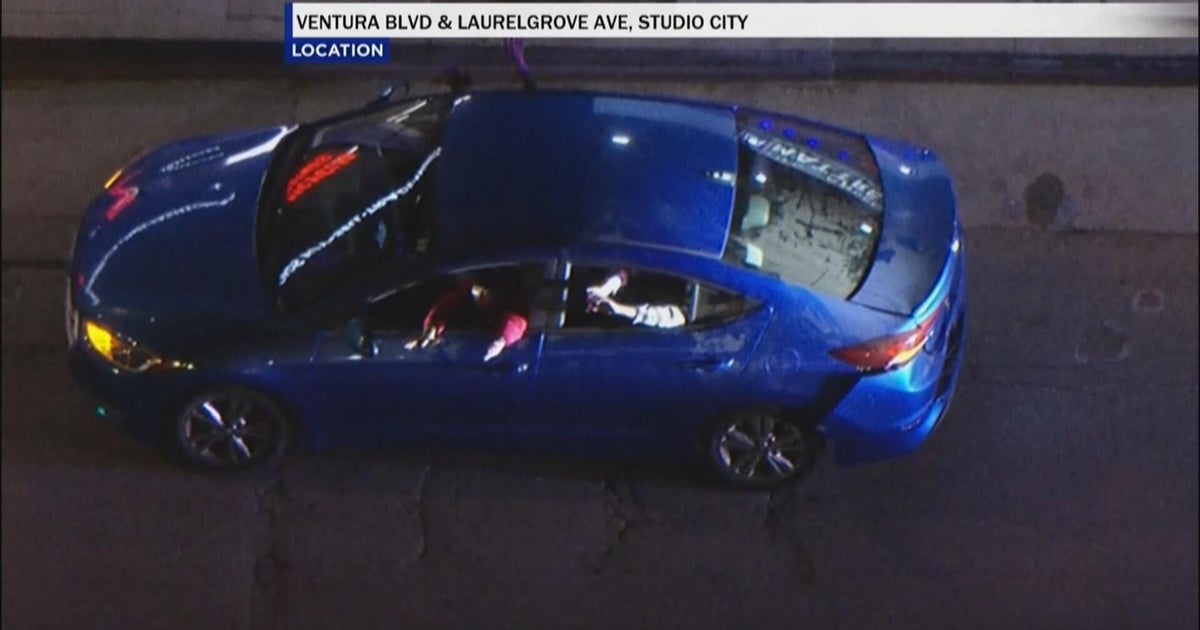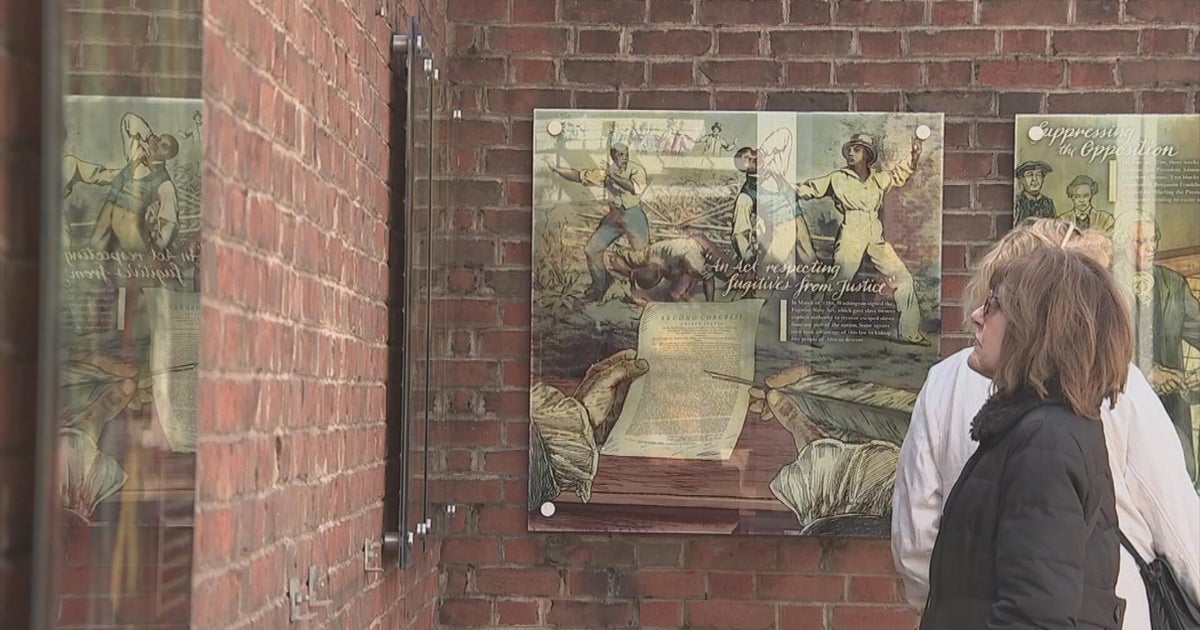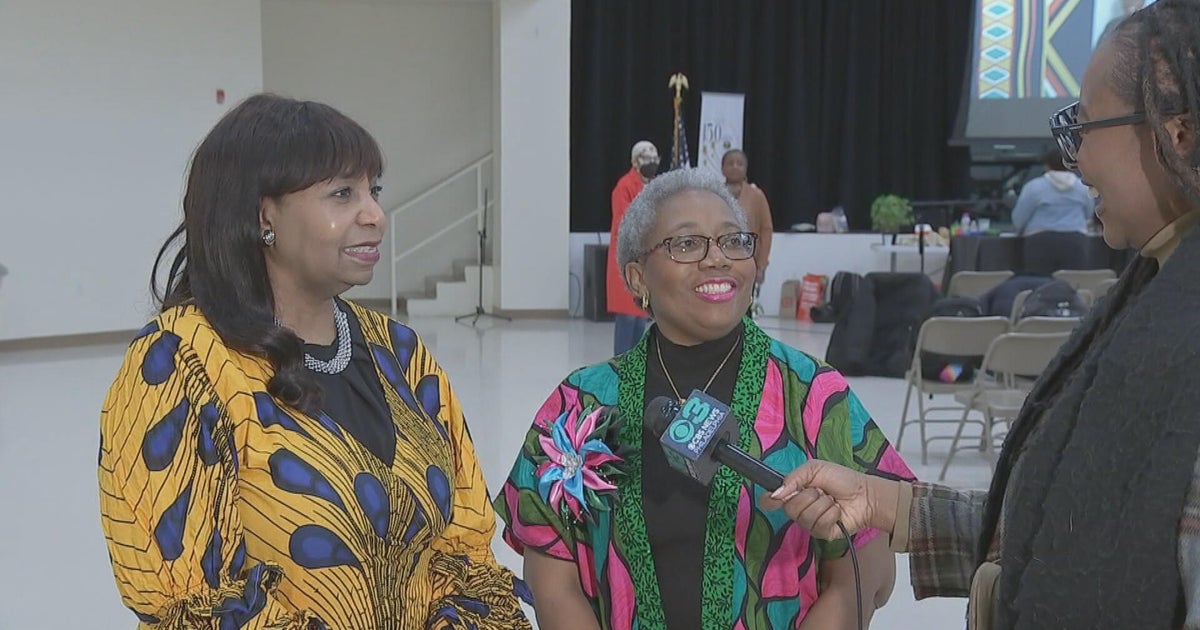Decades Later, Minn. Musicians Get Credit For Dylan's 'Blood On The Tracks' Album
MINNEAPOLIS (WCCO) -- Minnesota musicians are finally being recognized for their part in one of Bob Dylan's most famous albums.
Dylan recorded "Blood on the Tracks" in New York in 1974. He didn't like what he heard, so he re-did half the songs in Minnesota. But the Minnesotans who helped didn't get credit. That changed on Friday with the release of "More Blood, More Tracks: The Bootleg Series."
"History has decided that three days was something special," bassist Billy Peterson said.
December of 1974, six young musicians were pulled into Minneapolis' Sound 80. Kevin Odegard, Chris Weber, Gregg Inhofer, Peter Ostroushko, Billy Peterson and Bill Berg.
It started with Bob Dylan's brother looking for a particular guitar and turned into some of Dylan's most memorable tracks.
"I had no idea what I was getting into. You can't make this history up. You can't try for this your whole life," Peterson said.
Kevin Odegard recalls the synergy in the room and says Dylan was open.
"We were from Minnesota, he's from Minnesota. He was Bobby Zimmerman. He wasn't Bob Dylan. There was no movie star, no superstar, there was no celebrity going on in the room at all," Odegard said.
The musicians learned Dylan wasn't satisfied with some of his recordings, and while home in Minnesota he decided to give them another go. No pictures were allowed to document the magic that unfolded.
"It was only going to be one song but he liked 'Idiot Wind' enough to go on to the second song, one song at a time, and we got through five," Odegard said.
It's "Tangled Up In Blue" that truly struck a chord with Odegard. It started in the key of G.
"Bob comes out and we play it and it's just OK. I said, 'You know, I think that would sound better up a note. I think it would sound great in the key of A. It'd be more urgent,'" Odegard said.
They got it in one take.
"It became more desperate sounding. There was like silence after that, you're kind of looking around like, 'Did that feel as good as I think it felt?'" Peterson said.
"We knew it was greatness. And Bob did, too," Odegard said.
Dylan released, "Blood" a month later, with their sound on the album -- but their names were missing. Early record jackets had already been printed.
"I look at the back and I'm going, 'Oh well, they're going to fix that pretty quickly,'" Odegard said.
But the names were never updated on future jacket prints. Odegard set out to set the record straight.
"It was serious for me because I got three of the guys in the room and I'm a Midwestern kid with a conscience and this happens, and the record comes out and honestly I've lost a lot of sleep over the years," Odegard said.
Over the years an attempt to give the Minnesota musicians credit was made but their names were misspelled. Odegard wrote a book about the making of the album. Piece by piece, it created a buzz with diehard Dylan fans.
"Everything kind of blew up like, 'Who are these mystery guys that made all these hits?'" Peterson said.
With the 2018 release of "More Blood, More Tracks," it all comes full circle with the Minnesota musicians being given credit.
"Blood brothers. We are bonded. We didn't intend for things to happen. It's all a great big accident, happy accident now, it's become happy," Odegard said.
The newly-released bootleg series has a more clear sound. The production extras were stripped out and the listener is left with the original recordings.
"Blood on the Tracks" was inducted into the Grammy Hall of Fame in 2015. "More Blood, More Tracks" comes out Friday.
Odegard became an advocate for songwriter's rights. Peterson played with other notable musicians, like The Steve Miller Band and Leo Kottke.








